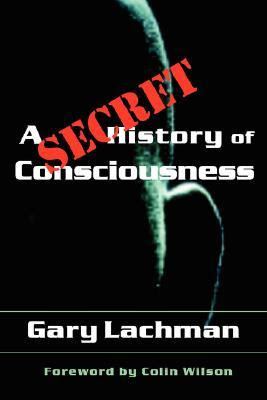[Henri] Bergson, we remember, argued that the brain's function was essentially eliminative, and by the brain he meant by and large the cerebral cortex.
Furthermore, the mythic consciousness does not see human personality as something fixed and unchanging, but conceives every phase of a man’s life as a new personality, a new self; and this metamorphosis is first of all made manifest in the changes which his name undergoes. At puberty a boy receives a new name, because, by virtue of the magical rites accompanying his initiation, he has ceased to exist as a boy, and has been reborn as a man, the reincarnation of one of his ancestors.
The goal of ethical philosophy must be to bring personal preferences and aversions into harmony with those of the ruling principle of the universe, variously called “Zeus,” “Reason” (Logos), and “Nature.” As Cleanthes wrote in his “Hymn to Zeus,” “Zeus leads the willing person, the unwilling he drags.”
In his ambitious two-volume work, Political Order and Political Decay, Francis Fukuyama writes that the fundamental question for every human society is simple: How do you get to Denmark? “By this I mean less the actual country Denmark,” he writes, “than an imagined society that is prosperous, democratic, secure, and well governed, and experiences low levels of corruption.”
Kant’s view, then, comes to this: the proper object of scientific knowledge is not God or mind or things in themselves, but nature; the proper method, of scientific knowledge is a combination of sensation with understanding; and since nature is that which we know by this method, it follows that nature is mere phenomenon, a world of things as they appear to us, scientifically knowable because their ways of appearing are perfectly regular and predictable, but existing only in so far as we take up the point of view from which things have that appearance.
What we have called the “bourgeois” is the modern man of the masses, not in his exalted moments of collective excitement, but in the security (today one should say the insecurity) of his own private domain. He has driven the dichotomy of private and public functions, of family and occupation, so far that he can no longer find in his own person any connection between the two. When his occupation forces him to murder people he does not regard himself as a murderer because he has not done it out of inclination but in his professional capacity. Out of sheer passion he would never do harm to a fly.
Good fiction always begins with story and progresses to theme; it almost never begins with theme and progresses to story. The only possible exceptions to this rule that I can think of are allegories like George Orwell’s Animal Farm (and I have a sneaking suspicion that with Animal Farm the story idea may indeed have come first; if I see Orwell in the afterlife, I mean to ask him).







